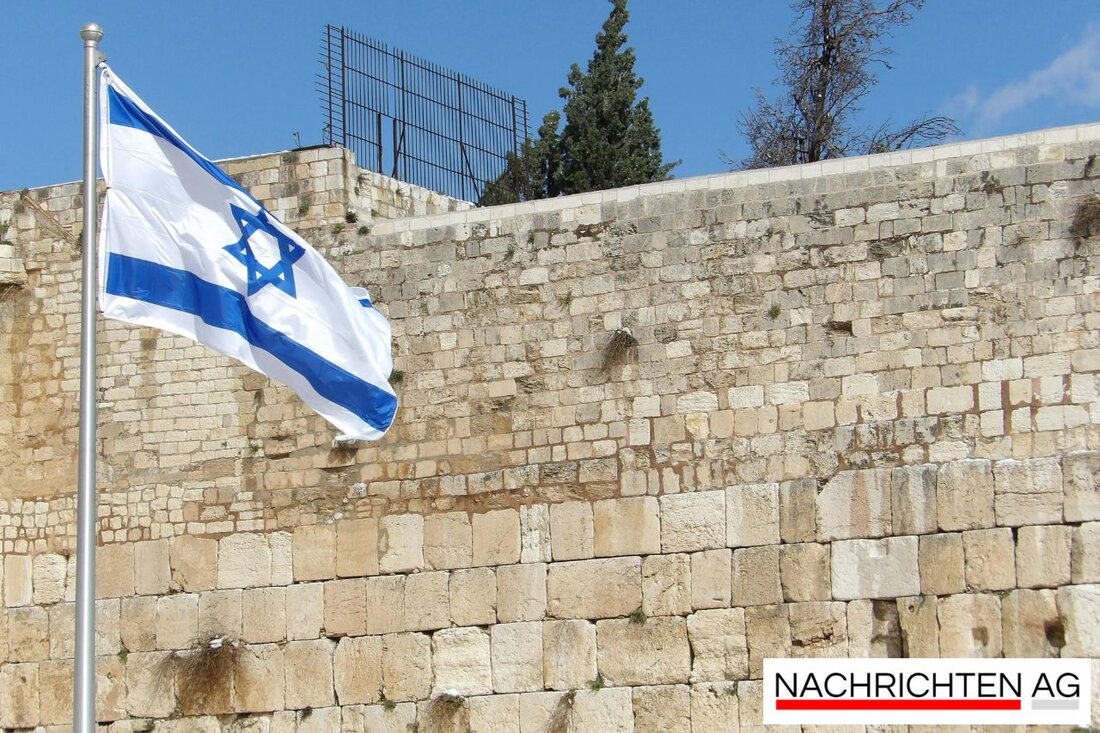Yiddish summer Weimar: A festival of culture and music for everyone!
Yiddish summer Weimar: A festival of culture and music for everyone!
In Cologne there is a versatile Jewish culture, the roots of which go back to the beginning of the city. Yiddish, a language that is written in Hebrew letters and has a connection to the Germanic language, was created in Germany, with first evidence from the Cologne Jewish Quarter. By the 1930s, an estimated 10 to 12 million people spoke Yiddish worldwide. Today there are still around 600,000 that speak this language in Europe, North and South America and Israel. In Germany, however, Yiddish is not recognized as a minority language, as MDR reports.
Yiddish culture is not only reflected in the language, but also in unique forms of expression. Theater, opera, cabaret, literature, poetry and the popular Klezmer music make up a significant part of it. Klezmer music, characterized by its emotional melodies and typical instruments such as clarinet and accordion, is becoming increasingly popular. A special example is the band Mesinke from Bavaria, which has been playing Klezmer since 1991 and has already given over 300 concerts. Her name in Yiddish means "the youngest daughter" and underlines the various musical backgrounds of the band members. Mesinke also sets literary works, including that of the Krumbacher writer Hedwig Lachmann, as can be read on BR
Yiddish Summer Weimar: A center of Yiddish culture
A central place to spread and preserve Yiddish culture is the Yiddish Summer Weimar (YSW), which was founded in 1999 and is now one of the most important programs for Yiddish culture. What originally started as a weekend workshop has now developed into a one -month festival that regularly attracts thousands of guests from all over the world. The events include not only workshops from international artists and scientists, but also numerous concerts and hands -on programs. The artistic direction is in the hands of Alan Bern, which was even awarded the Federal Order of Official Order in 2022, as can be seen from yiddish Summer
The participants have the opportunity to take part in thematic workshops, take up current topics and promote individuality and joint experience. The philosophy of the YSW is based on holistic learning: here it is not read according to grades, but improvisation plays a central role. This unique concept not only attracts music lovers, but ambassadors for the diversity of Jewish cultures.
cultural heritage and its challenges
Despite the rich tradition and interest in Yiddish culture, the Yiddish language in Germany is faced with challenges. The legal recognition, as addressed by Volker Beck in 2021, remains difficult in the political landscape. In other European countries, on the other hand, Yiddish is recognized and promoted as a minority language, which is an important contrast to the situation in Germany.
The preservation and further development of Yiddish culture, especially through festivals such as the Yiddish Summer Weimar, is crucial to keep this valuable tradition to life for future generations. From the stage to the audience, a precious legacy is passed on, which not only tells Jewish history, but also embodies universal issues of humanity and culture.
| Details | |
|---|---|
| Ort | Weimar, Deutschland |
| Quellen | |


Kommentare (0)